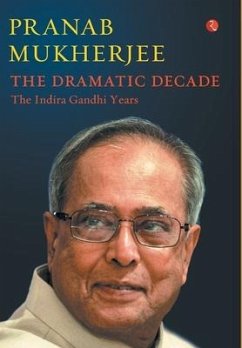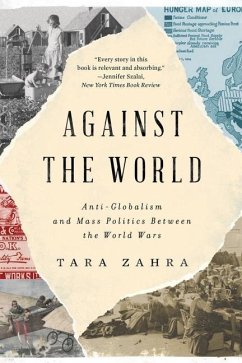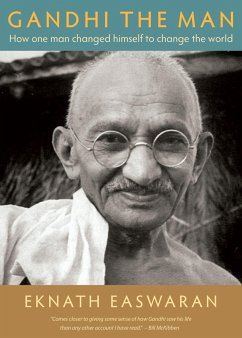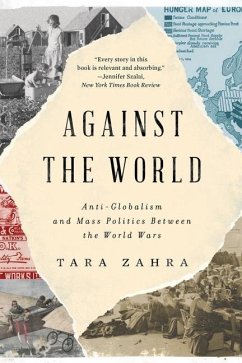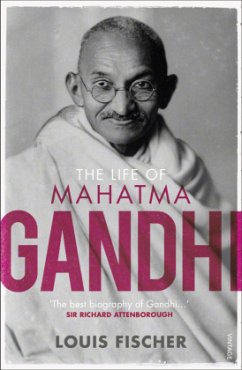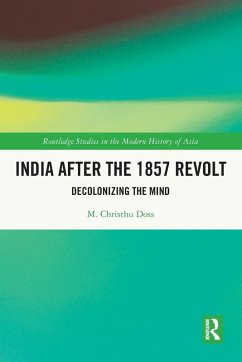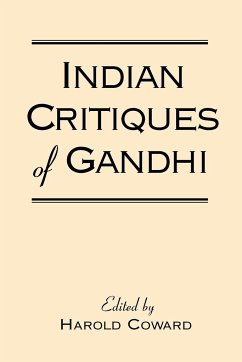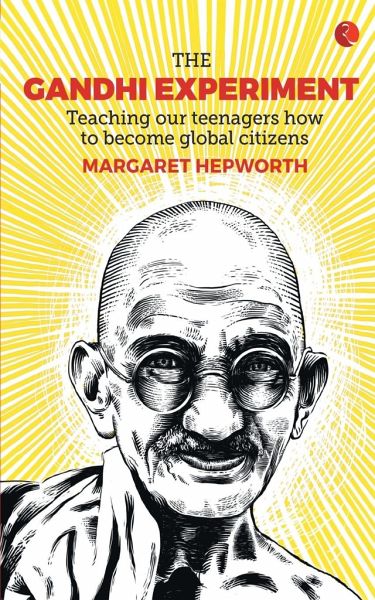
The Gandhi Experiment
Versandkostenfrei!
Versandfertig in 1-2 Wochen
17,99 €
inkl. MwSt.

PAYBACK Punkte
9 °P sammeln!
How do we take Gandhi's messages further, as lessons that could bring about change in and around us? Perhaps a healthy dose of non-violent, solution-focused activities stemming from Gandhian principles would be a more productive approach both at school and at home, especially for the citizens of tomorrow. How do we teach our youngsters non-violence is a conscious choice; that we need to rise against injustices; that 'hope in action' and 'moving from apathy to action' are of supreme importance; and that 'satyagraha' is the very foundation we stand on? This book literally equips teachers and par...
How do we take Gandhi's messages further, as lessons that could bring about change in and around us? Perhaps a healthy dose of non-violent, solution-focused activities stemming from Gandhian principles would be a more productive approach both at school and at home, especially for the citizens of tomorrow. How do we teach our youngsters non-violence is a conscious choice; that we need to rise against injustices; that 'hope in action' and 'moving from apathy to action' are of supreme importance; and that 'satyagraha' is the very foundation we stand on? This book literally equips teachers and parents with tools and strategies for peace-building. For teachers, it takes these into the rigorous academic classroom; for parents, it is a guide to how they can build better relationships with their children whilst helping them step forward into a better world. The Gandhi Experiment teaches teenagers global citizenship, conflict resolution, anger management, forgiveness and how to mould their thoughts for a more positive future. Using thirty-plus years of experience, Margaret Hepworth combines concepts, techniques and practices, creating activities that engage, provide equity and enable teenagers to make powerful and positive choices for a better tomorrow.



